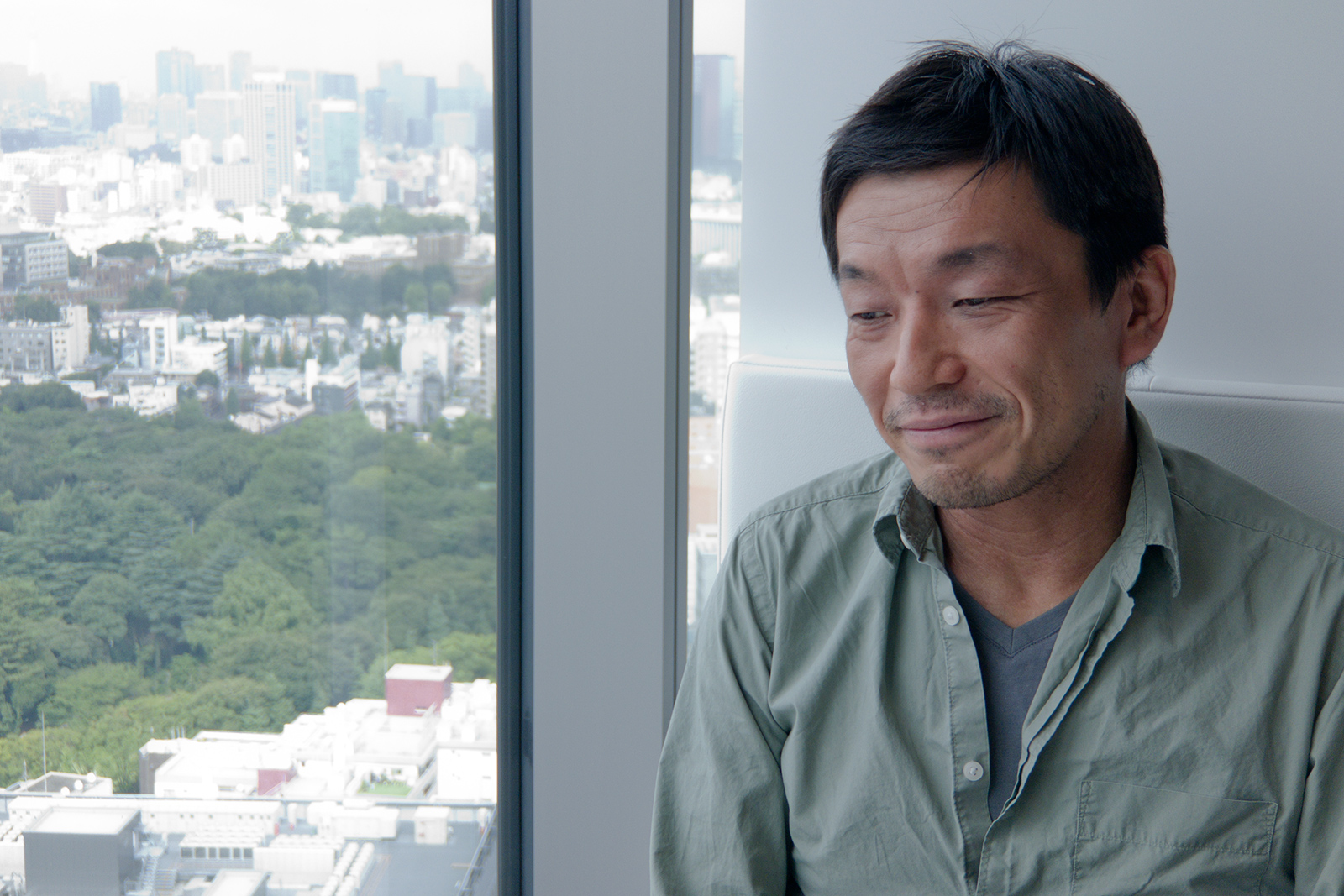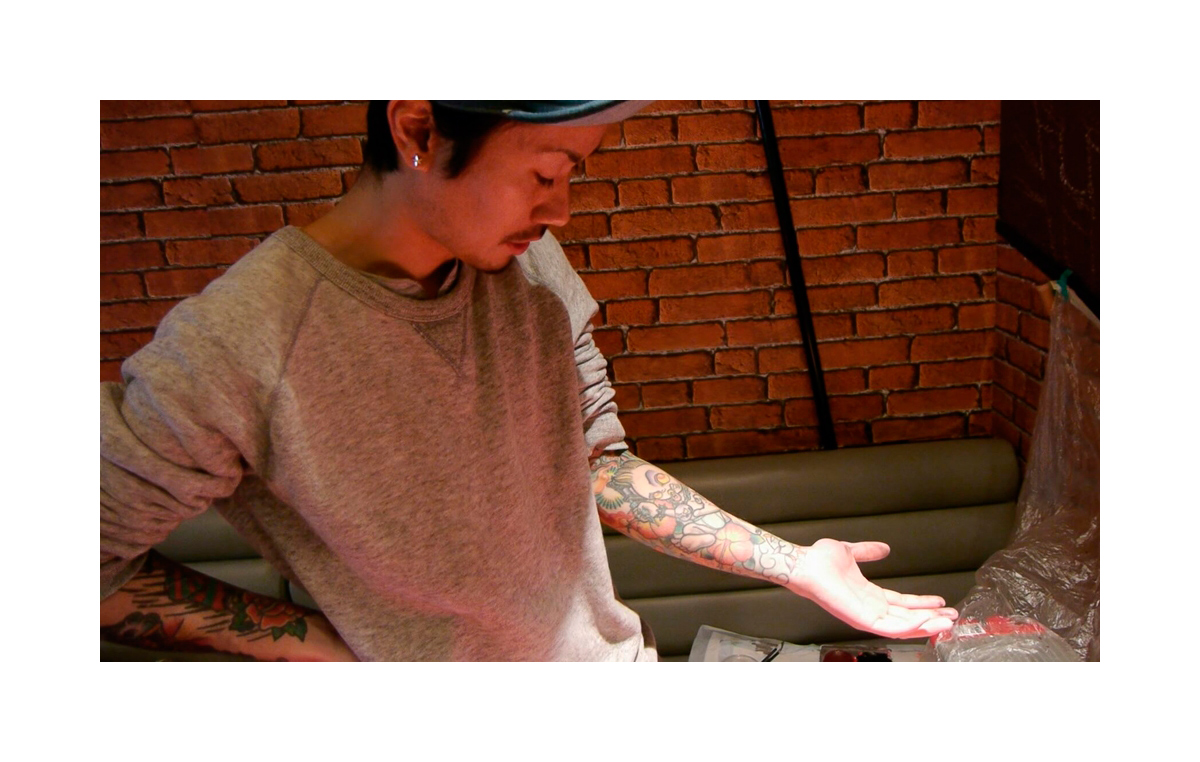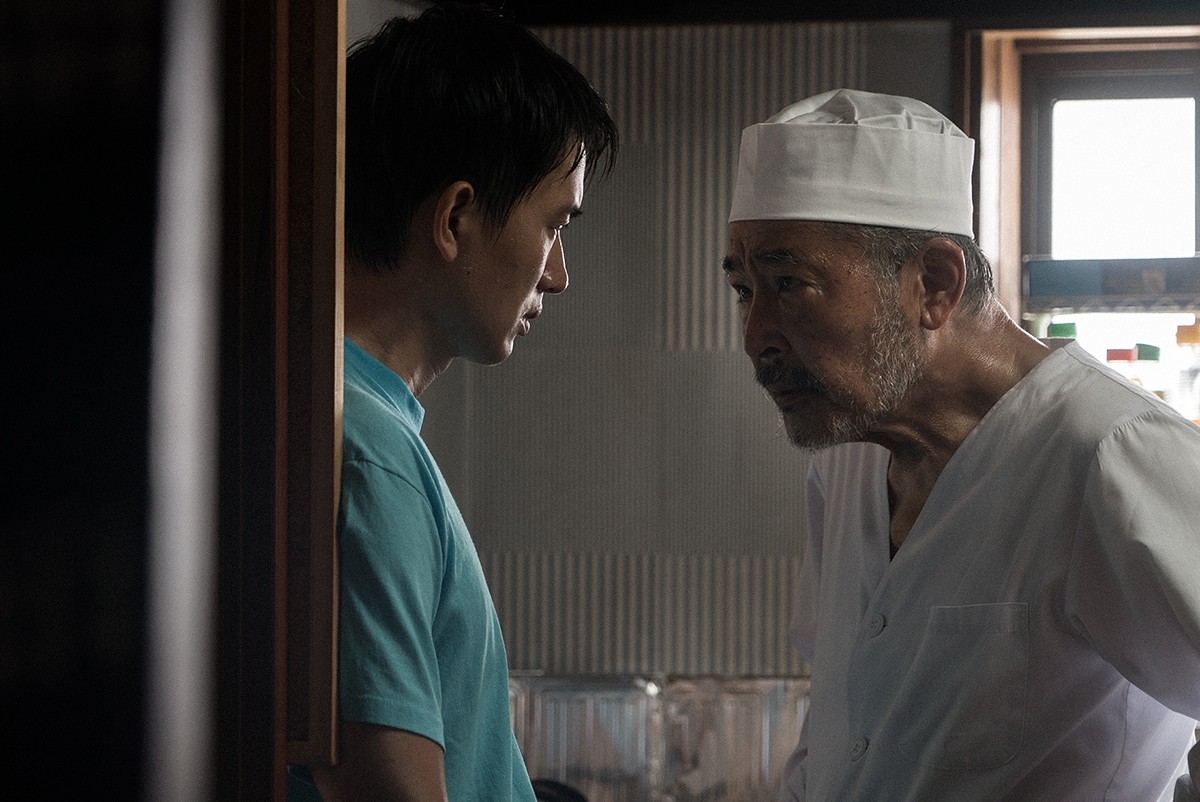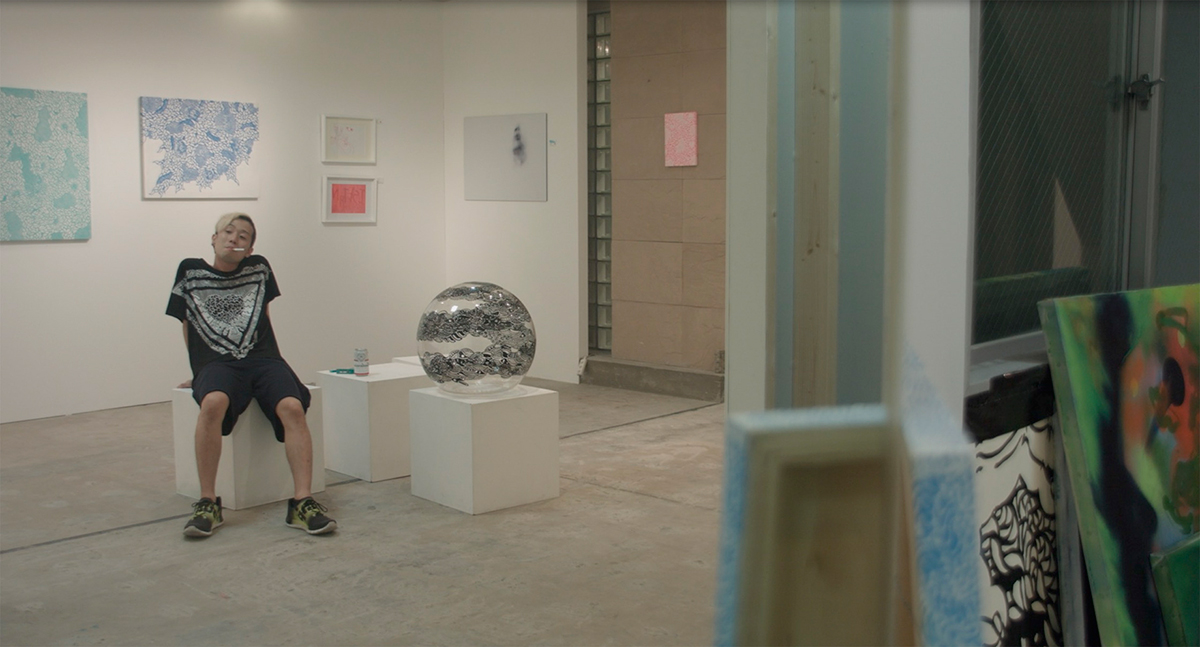Insider Looking Out – Yamamoto Hyoe
Becoming a filmmaker requires specific skills. An understanding of and practical experience with film production techniques is a matter of course, however a non-English speaking filmmaker will also need to become English proficient if they aspire to the world stage. Unfortunately, the language barrier is still a daunting and significant obstacle for a large majority of Japanese filmmakers in 2019. Yamamoto Hyoe perhaps innately sensed the importance of learning English when he left Japan to attend high school in Massachusetts before entering NYU’s Tisch School of the Arts to study film production. Back in the mid-to-late 90s, this made him somewhat of a trailblazer if not an oddity, but doing so would give Yamamoto early insight regarding how filmmaking, like language, possesses a cultural component which can not be fully understood until one fully immerses oneself in that culture. From the creative process to business fundamentals, major and independent film production alike in the U.S. does differ from Japan’s idiosyncratic film industry–sometimes significantly. This education and experience is brought to the fore in Yamamoto’s debut …





